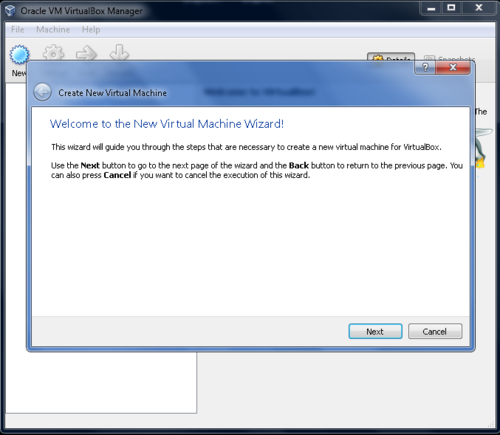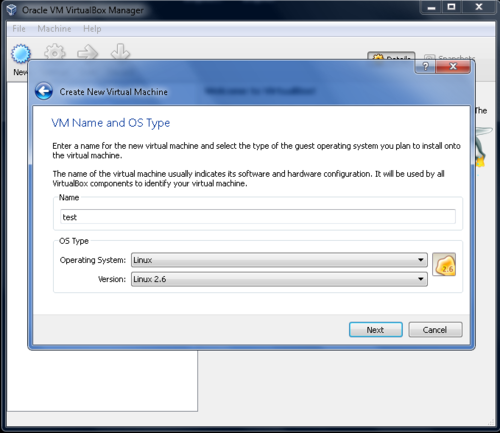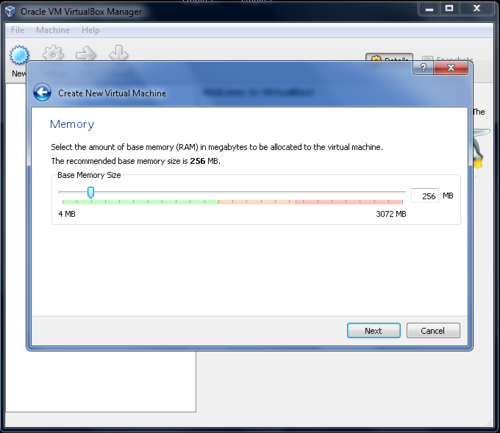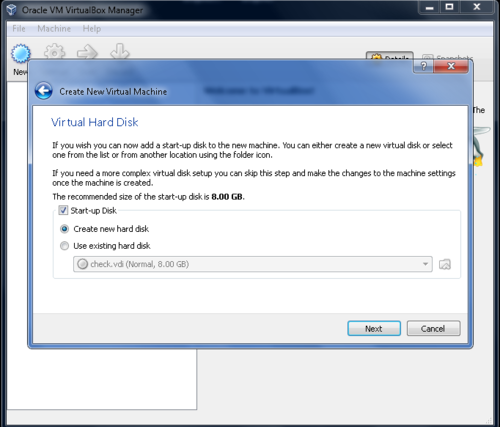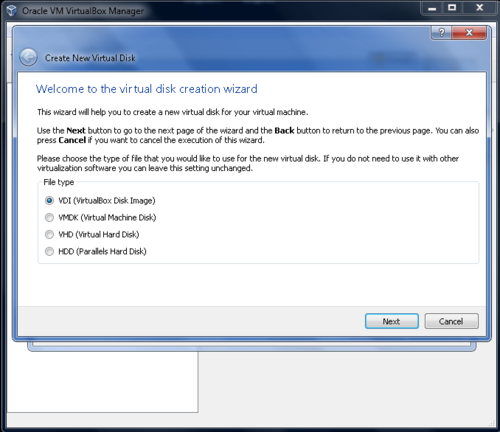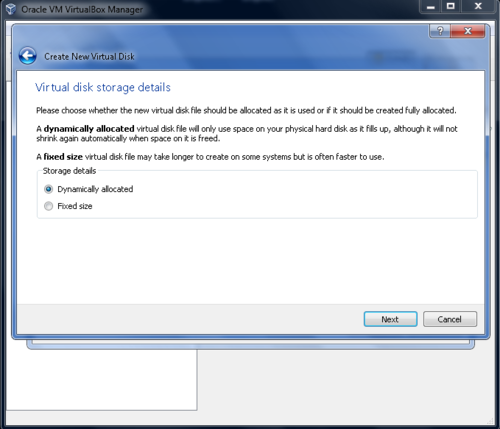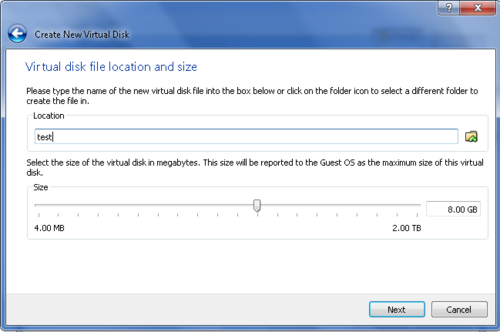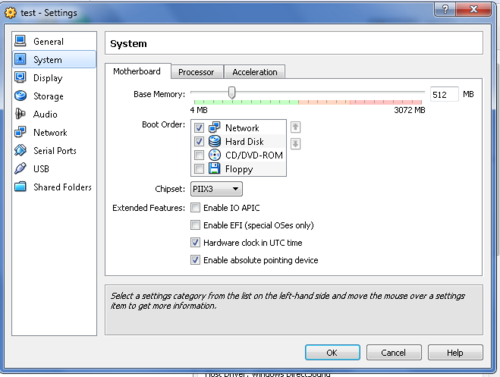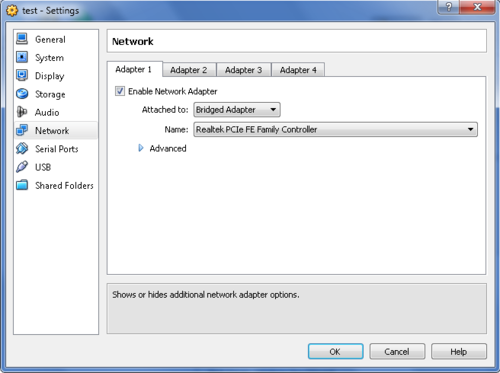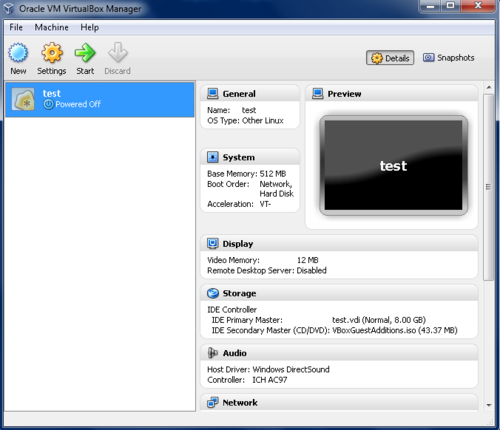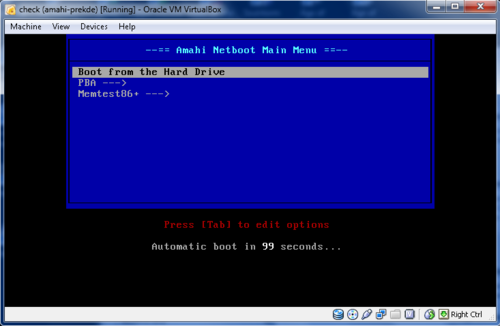Difference between revisions of "Amahi Netboot for noobs"
| Line 1: | Line 1: | ||
{{WorkInProgress}} | {{WorkInProgress}} | ||
<ins>What is Netboot?</ins> | <ins>What is Netboot?</ins> | ||
| − | + | ||
| + | Amahi-netboot is the package that allows you to use your amahi machine as a PXE/Network Boot/tftp server with minimal configuration. | ||
<ins>What can it do?</ins> | <ins>What can it do?</ins> | ||
Revision as of 13:43, 27 December 2011

|
Work In Progress |
|---|---|
| This article is currently undergoing major expansion or restructuring. You are welcome to assist by editing it as well. If this article has not been edited in several days, please remove this template. |
What is Netboot?
Amahi-netboot is the package that allows you to use your amahi machine as a PXE/Network Boot/tftp server with minimal configuration.
What can it do?
- Boot live cds
- Install just about any OS(Linux, BSD, even Win XP/Vista/7)
- Run Utility programs and CDs (Hiren's, Ultimate Boot CD)
All without burning CDs/DVDs or using USB flash drives!
Sounds great, what's the catch?
- Good PXE or network booting information around the web is scattered.
Assumptions:
- Working Amahi HDA
- "test" system running windows or another desktop OS.
- Both are networked using wired ethernet cables, at least while network booting.
NOTE: I've only been using amahi for a few weeks, so I'm not an expert by any means on linux, netbooting, or amahi and I don't work in the field. If I can get this running I think anybody can.
Contents
Step 1: Install amahi-netboot
From the console or putty login to your hda as root and enter
| bash code |
|---|
yum -y install amahi-netboot
|
Step 2: Setup your "test" computer
It's useful to use a virtual machine on your "test" computer so you don't have to reboot every time.
On the "test" machine Install latest Virtualbox (to include extension pack).
Step 3: Create a "test" Virtualmachine
- Click New Button - Next->
- Name=test-> OS=Linux-> Version=Linux 2.6->
- Base memory size=depends on your system default=256 change to 512 or higher
- Create new disk= default 8Gb is fine->Next
- VDI checked = default is fine ->Next
- Dynamically allocated=default is fine->Next
- Virtual Disk file location and size = default is fine->Next
- Summary->Create
Step 4: Settings for "test" vm
->Settings->System->Motherboard->Bootorder->
Check Network box and click up arrow to bring it to top
Also ->Settings->Network->Adapter1->Change "NAT" to "Bridged adapter"
Step 5: Start your "test" vm
You should see it startup and boot to the amahi-netboot menu.
Step 6: Works
Go to Tutorial #2
If not,
- Double-check virtual machine settings
- Reboot your server and start test virtual machine again
- Go to forums and ask for help. My original post is here
